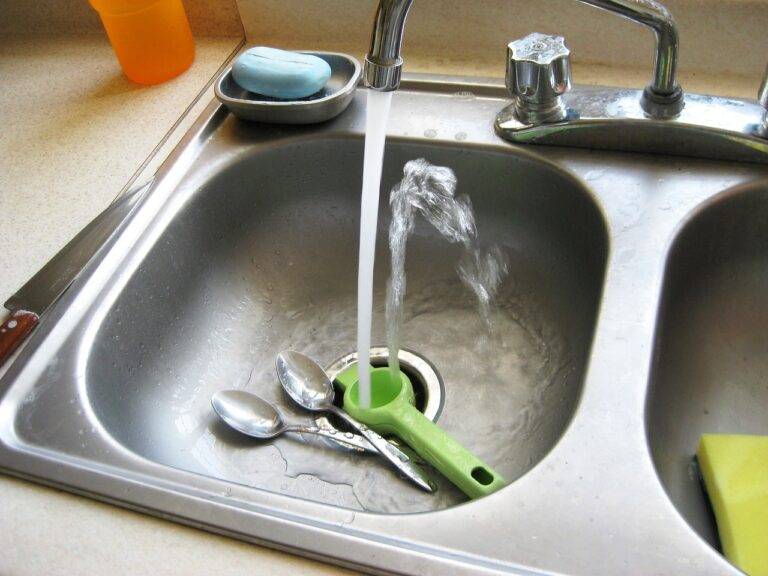How to Install a Home Energy Storage System
Home energy storage systems are a modern solution that allows homeowners to store excess energy generated from renewable sources such as solar panels. By storing this energy, households can reduce their reliance on the traditional grid, leading to potential cost savings over time. These systems typically consist of batteries that store the excess energy during times when production exceeds consumption.
The stored energy can then be used when needed, such as during peak electricity demand or when renewable energy sources are not producing energy. Home energy storage systems are designed to be user-friendly, allowing homeowners to monitor and control their energy usage more effectively. Additionally, these systems can provide backup power during outages, ensuring that essential appliances remain functional when the grid is down.
– Benefits of Home Energy Storage Systems
Home energy storage systems offer numerous advantages to homeowners looking to increase energy efficiency and reduce costs. One of the key benefits is the ability to store excess energy generated by renewable sources such as solar panels. This stored energy can then be used during times of high energy demand or when the main power grid is inaccessible, ensuring a reliable source of electricity for the household.
Additionally, home energy storage systems provide greater control over energy consumption and allow homeowners to manage their electricity usage more effectively. By storing energy during off-peak hours when electricity rates are lower and using it during peak hours when rates are higher, households can save money on their energy bills. This flexibility also helps reduce dependence on traditional utility companies and promotes sustainability by encouraging the use of clean energy sources.
– Types of Home Energy Storage Systems
There are several options available when it comes to selecting a suitable home energy storage system. One common type is the lithium-ion battery, which is widely used for its efficiency and reliability. These batteries are rechargeable and can store excess energy generated by solar panels or other renewable sources for later use.
Another popular choice is the flow battery, which operates by storing energy in liquid form. This type of system offers the advantage of being able to scale up easily by simply increasing the size of the storage tanks. Flow batteries are known for their long lifespan and flexibility in terms of capacity adjustments to meet changing energy demands.





